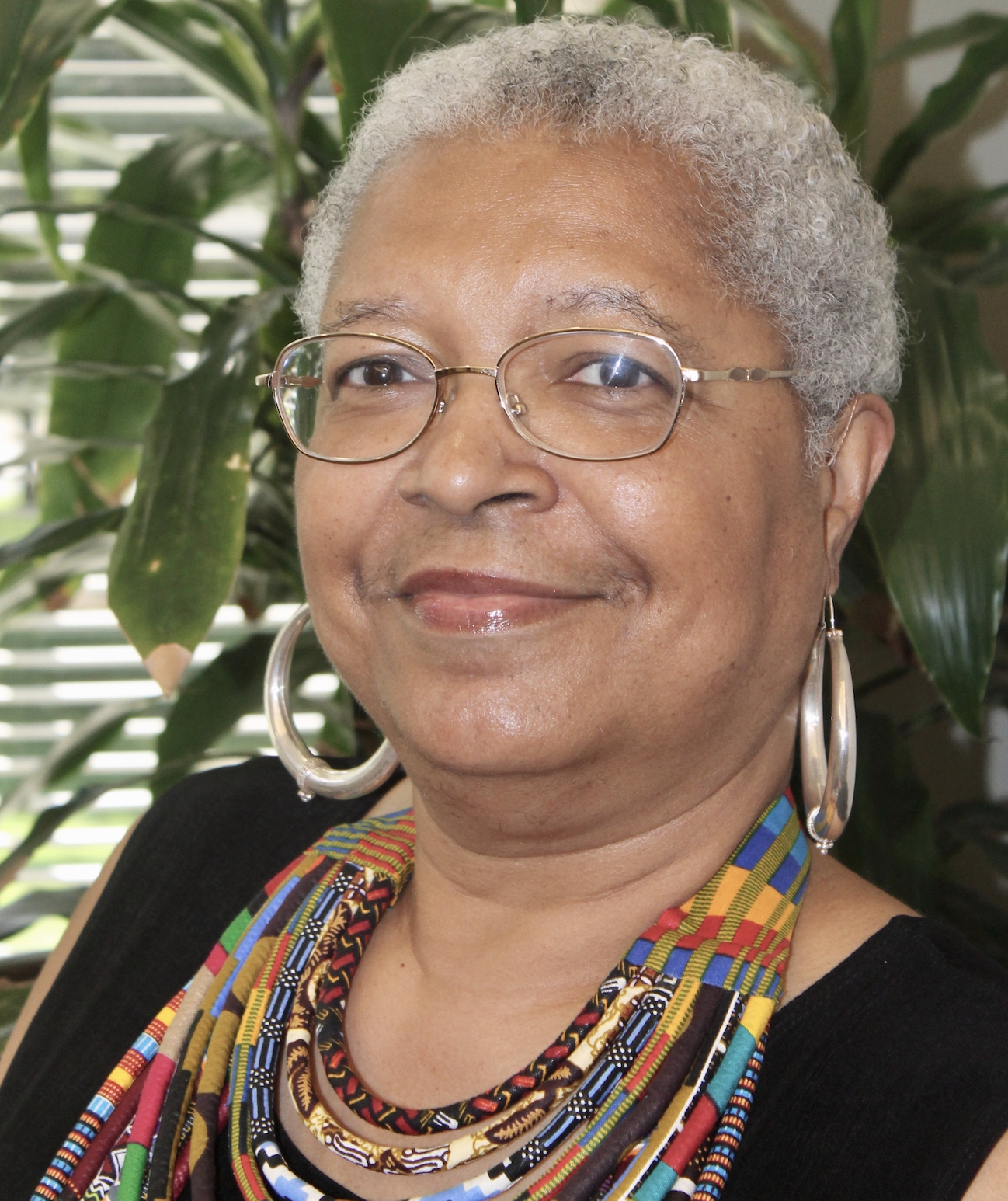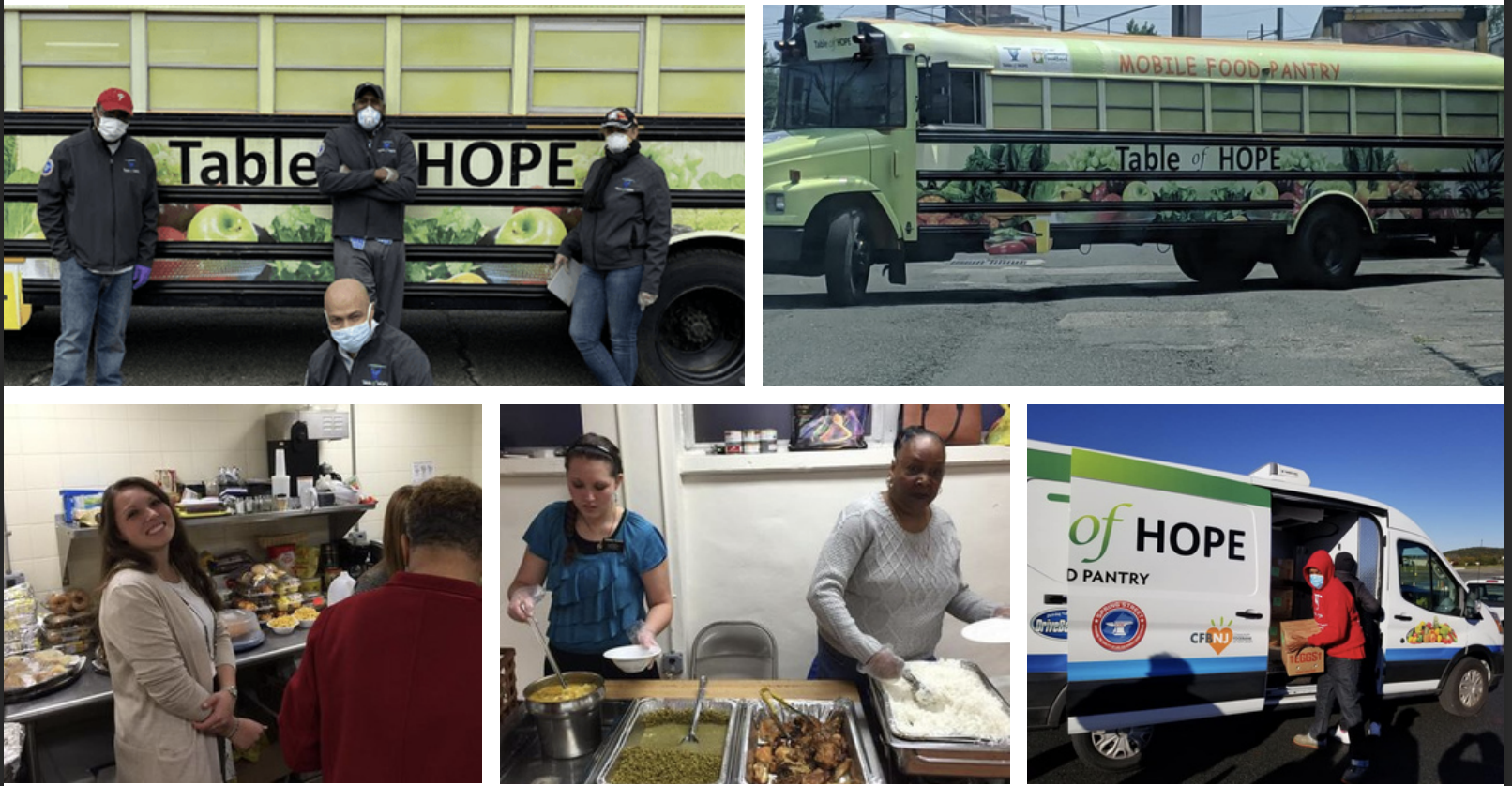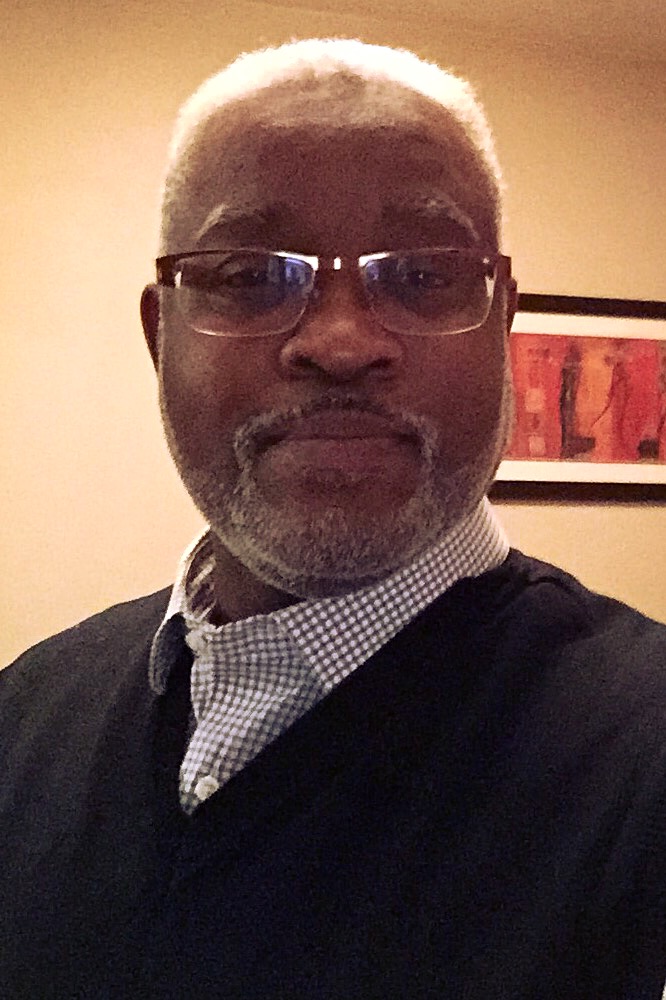A Psychologist’s Thoughts On How To Make And Keep Friends
Rev. Dr. Melinda Contreras-Byrd, Contributing Writer
I have learned many things over the more than 40 years I have practiced as a psychologist.
I want to share a few about friendship pitfalls that I believe are true.
- Understand friends
- While this may seem obvious, many people do not consider that friends are human and that they do not or cannot always behave in ways consistent with friendship.
- Even the best of friends or family members will, from time to time, disappoint you. Many of our expectations of those we love turn out to be unrealistic. It is unfair and expedient to discount them as friends when this happens. It is only human for us to consider what is best for us rather than our friends in certain circumstances. It is only human that no matter how much we love and honestly care for someone else—there will come times when we cannot understand their needs or have the strength to say the truth, the whole truth, and nothing but the truth.”
- Some people have not learned to, or their life struggles prevent them from being able to say when they are in the wrong. A true friend who owes you an apology may not be able to tell you that they recognize their error or are embarrassed and disappointed in their behavior but mayexpress this through their actions. Learn to recognize and accept unverbalized apologies.
- Show ourselves friendly.
- Each time we feel disappointed or recognize negative expectations of others, we force ourselves to recall when someone we called a friend was honest, supportive, and loving toward us. This determination will balance the negative thoughts in our heads that result from the betrayal, disappointment, or unloving behavior we have experienced in past friendships.
- Force ourselves (even if it means we talk aloud to ourselves) to acknowledge the truth–that NOT everyone is untrustworthy, duplicitous, or working a scheme. We work to not let our past dictate and falsely stereotype and limit our future.
- “Do for others” without the expectation of being repaid. In this way, we increase our self-esteem, enrich the lives of others, and leave behind a witness that God has good, kingdom-building people distributed throughout the earth. Having this belief will enable us to determine to search for them; and, by our actions, increase the hope of those who are friendless and unsupported that there are, in fact, people who are magnanimous, good-friend material.
- Help to balance the pictures in our heads that we have of others. Learn to be assertive and use our voices to admit when our feelings have been hurt or when we feel misunderstood, left out, or taken for granted. I have learned that many of us have given others the untrue and unrealistic idea that there are some special people whose feelings can never be hurt and who are never saddened by feelings of being left out.
- Be able to assume the role of the initiator in some
I say “some” situations because no one welcomes “pushy “people. But I have found that Christians often have the misconception that they are only required to be “silent witnesses” and to remain anonymous followers. While no one will say that this is what they believe—if you watch—their actions will show it. So, teach yourself how to enter a room and assume the role of the one who suggests everyone introduce themselves. Be the one who makes the first move to break an uncomfortable silence or to say, “I’m sorry.”
- Be able to assume the role of investigator. Relationships are often lost or broken because we have made false assumptions without giving the other person the opportunity to tell their side of the story; doing so gives us important missing information that can correct faulty assumptions. So instead, we mute and avoid a one-time friend, which becomes our way of handling relationship conflicts. When too unassertive to speak directly to friends—we become judge and jury, assuming that without any input, we can know all the facts necessary to make a correct judgment.
These are major challenges for those who would live as followers of Jesus.





